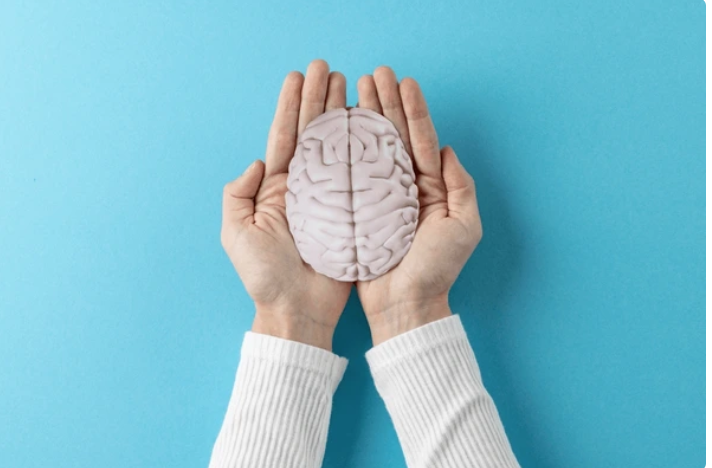Testosterone has long been viewed as a “male hormone,” but we know that it is an essential ‘human hormone’. Now emerging research is challenging the narrative that testosterone is purely for men—especially for women navigating perimenopause and menopause. While its role in enhancing libido is well-established, recent studies from England are revealing broader benefits, including improvements in mood, cognitive function, and overall vitality.
A 2024 observational study conducted at a specialist menopause clinic in England evaluated over 500 women who were already on hormone replacement therapy (HRT) but continued to experience low mood, brain fog, and diminished sexual desire. After introducing low-dose testosterone therapy, nearly half of the participants reported improved mood (47%), enhanced cognitive clarity (39%), and increased libido (52%)—suggesting that testosterone may fill a critical gap in conventional HRT regimens (Archives of Women’s Mental Health, 2024). These findings align with earlier data from the British Menopause Society, which has advocated for the careful use of testosterone in women experiencing hypoactive sexual desire disorder (HSDD), especially when estrogen alone proves insufficient.
Beyond libido, testosterone appears to play a vital role in brain health. Women naturally produce testosterone in their ovaries and adrenal glands, but levels decline significantly with age—often more steeply than estrogen. This drop has been linked to fatigue, reduced motivation, and cognitive sluggishness. The ongoing ESTEEM trial in the UK is further exploring testosterone’s impact on workplace performance, energy, and emotional resilience, with early results pointing to improvements in confidence, mental clarity, and physical functioning.
Sexual health remains a cornerstone of testosterone therapy. Numerous studies have shown that testosterone enhances sexual desire, arousal, and orgasmic response in women, particularly those with HSDD. In fact, the International Menopause Society and the Endocrine Society both support the use of testosterone for postmenopausal women with persistent sexual dysfunction, provided dosing is carefully managed to avoid side effects such as acne or hirsutism.
Despite its benefits, testosterone therapy for women remains off-label in the United States, though it is widely prescribed in England and Australia. Experts emphasize the importance of individualized care and hormone monitoring to ensure safety and efficacy. When used appropriately, testosterone can be a transformative tool—not just for sexual wellness, but for emotional and cognitive vitality.
As research continues to evolve, testosterone is gaining recognition as a key player in personalized menopause care. It’s time to move beyond outdated assumptions and embrace the full spectrum of what this hormone can offer to women’s health.
📚 References
- Archives of Women’s Mental Health, 2024 – Observational study on testosterone therapy in menopausal women
- British Menopause Society – Position statement on testosterone use in women
- International Menopause Society – Guidelines on HSDD and testosterone therapy
- ESTEEM Trial, UK – Ongoing research on testosterone’s impact on cognition and workplace performance
- Endocrine Society Clinical Practice Guidelines – Recommendations for testosterone therapy in women

